Becky Powers and her husband, Richard, tried for five years to have a child.
Finally, in 2010, Becky got pregnant. On Feb. 23, 2011, she gave birth. But she doesn’t remember any of it.
And she and her baby almost didn’t survive it.
In February of 2011, Becky came down with what she thought was a run-of-the-mill flu.
“Within four days, I went to the emergency room in Grand Haven because I couldn’t breathe,” the West Olive, Michigan, resident said. “That was on a Thursday. They gave me a breathing treatment and sent me home because I was feeling better.”
The next day, she returned to the emergency room with worsening symptoms.
“I couldn’t walk five steps without stopping because I couldn’t breathe,” she said. “They took an X-ray of my lungs and found they were half-filled. They called my OB-GYN because I was pregnant. They decided to transfer me to Spectrum Health.”
By the time she arrived at Spectrum Health Butterworth Hospital 90 minutes later, Powers said there was only a quarter-sized space in each lung that had not filled with fluid.
Stephen Fitch, MD, a Spectrum Health Medical Group pulmonologist, diagnosed Powers with H1N1 swine flu. She was intubated shortly after her arrival.
“The aggressive way that this virus attacks the lungs causes them to fill with inflammation and fluid that prevents the lungs from doing their job of transporting oxygen and carbon dioxide into and out of the body,” Dr. Fitch said.
Dr. Fitch knew Powers would die unless he took action. He decided to put her into a medically induced coma and place her on the ECMO (extracorporeal membrane oxygenation) machine, which acted like an artificial lung, breathing for Powers while her lungs were unable.
“It was pretty clear that Ms. Powers could very well have died without the ECMO support,” Dr. Fitch said. “Even if she had survived, there have been instances where the severity of illness in the mother, and where oxygen levels are low, that the baby does not survive.”
Dr. Fitch said although ECMO is invasive and carries some risk, it ultimately carried the best chance of both Powers and her baby surviving. The ICU and obstetrics teams worked in tandem, fighting for the life of both patients.
“Each week that the baby remains in the mother, the likelihood of various medical problems associated with prematurity goes down significantly,” he said. “We were therefore committed to trying to keep both of them well supported until the pneumonia could get better.”
Powers remained on ECMO support for nine days. Dr. Fitch said he believes Powers was the first pregnant woman in West Michigan to be on ECMO.
“She was liberated from the machine about five or six days before she actually delivered,” Dr. Fitch said.
Powers delivered little Chase at 28 weeks in the ICU, while she was on the ventilator and in a coma. He weighed 2 pounds, 11 ounces.
“I don’t recall a case, before or since, that had a patient that was still critically ill, on mechanical vent and dependent on that still, who delivered vaginally,” Dr. Fitch said. “We felt we could adjust the vent as the delivery progressed to support her and the baby adequately. Fortunately, everything went perfectly.”
A week later, Powers’ body had recovered enough for Dr. Fitch to take her out of the coma.
“When I came out of the coma I didn’t even remember I was pregnant,” she said. “That was kind of scary for my husband. To me, it seemed like the next day. I didn’t realize it was three weeks later. Everyone had to remind me that I was pregnant.”
Staff set up a camera in Chase’s incubator so she could see her son.
“The first time they brought him down to see me, was my seventh or eighth day of being out of a coma,” Powers said. “That was a big crier for me, seeing him for the first time and he was already a week old. I couldn’t hold him, but it was nice to be able to touch him and realize that’s your kid.”
Powers wasn’t finished with her medical journey. The swine flu left her weak and unable to complete everyday tasks.
She had to relearn how to eat, walk and talk. And, she had to learn how to be a mom for the first time.
She attended rehabilitation six days a week, and within three weeks, went back to work full-time.
She and Richard tried to conceive another child a year later, but Powers learned the flu had also taken her fertility, and she wouldn’t be able to get pregnant again.
“The way I look at it is God blessed me with this one,” she said. “God blessed me with a miracle baby. I made it and I will have one son I will treasure forever.”
Chase, now 7, is a first-grader at Robinson Elementary School in Grand Haven Public Schools.
“Chase is totally fine,” Powers said.
As he’s grown, so has Powers’ appreciation, for him, and for life.
“You look at life differently than you used to,” she said. “What you think is important or you stress about, isn’t anymore. I try to cherish all the moments that I can now. Coming so close to death changes you. They told my husband that Chase and me had a 2 percent chance to make it. God has plans for both of us because it all worked out in the end.”
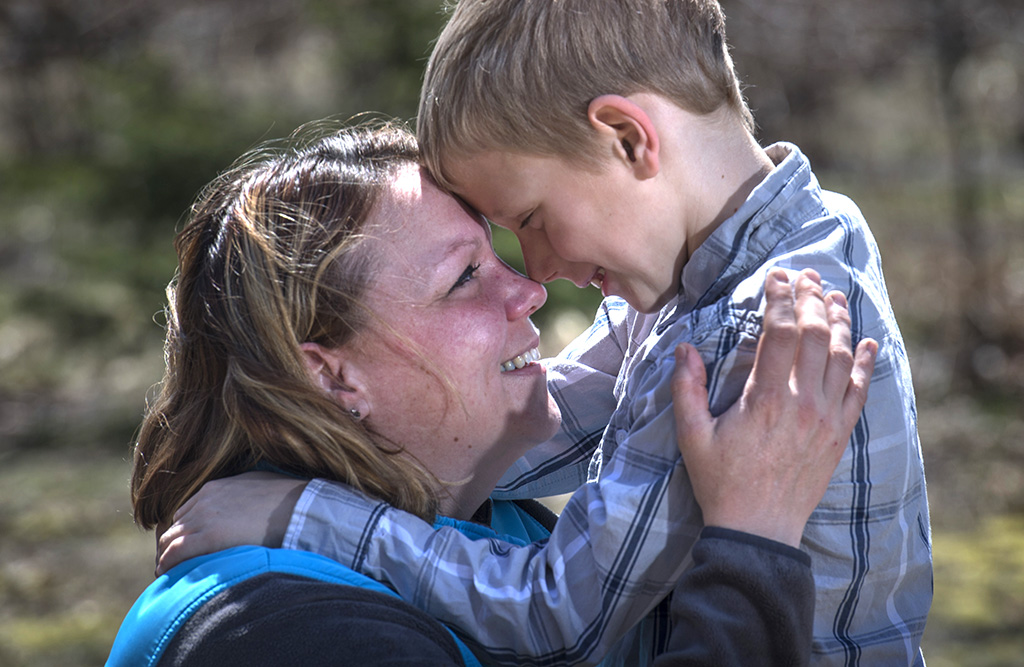
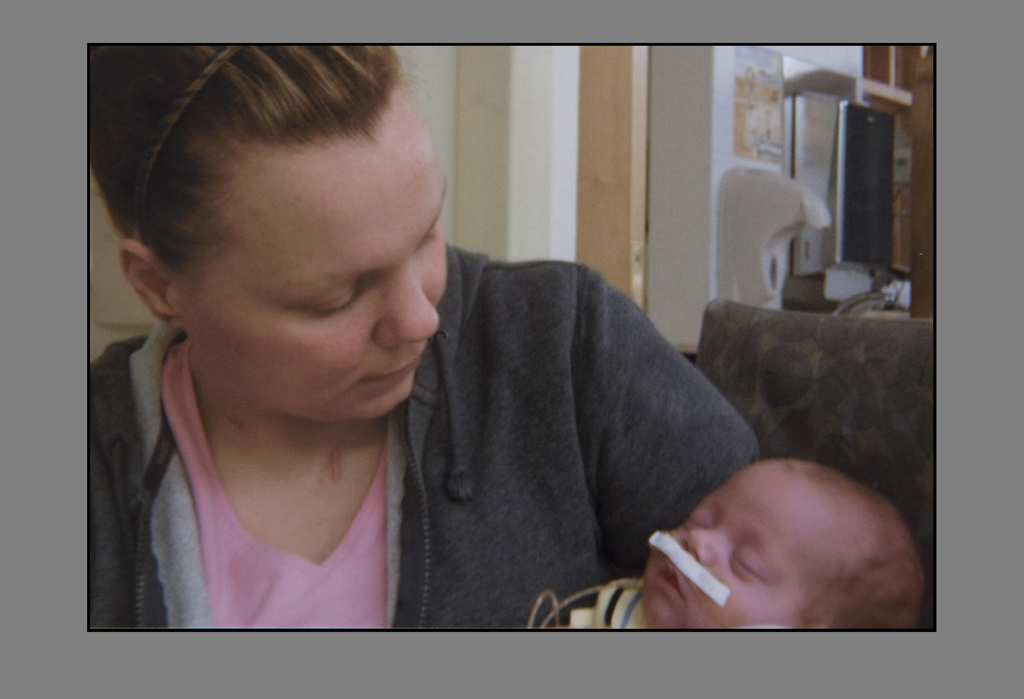
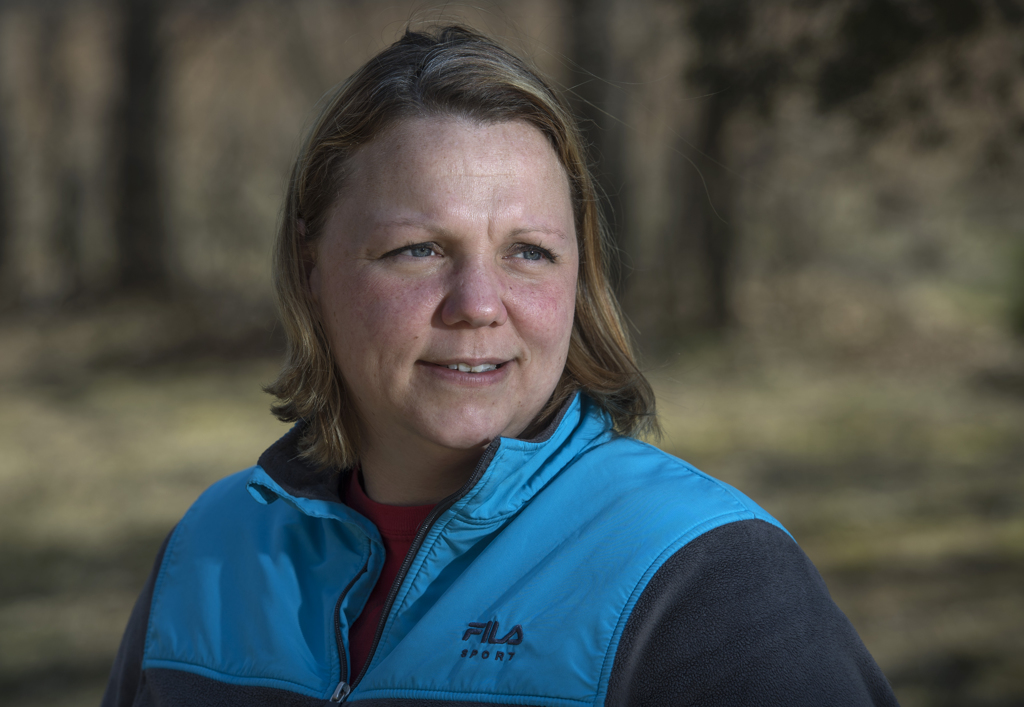
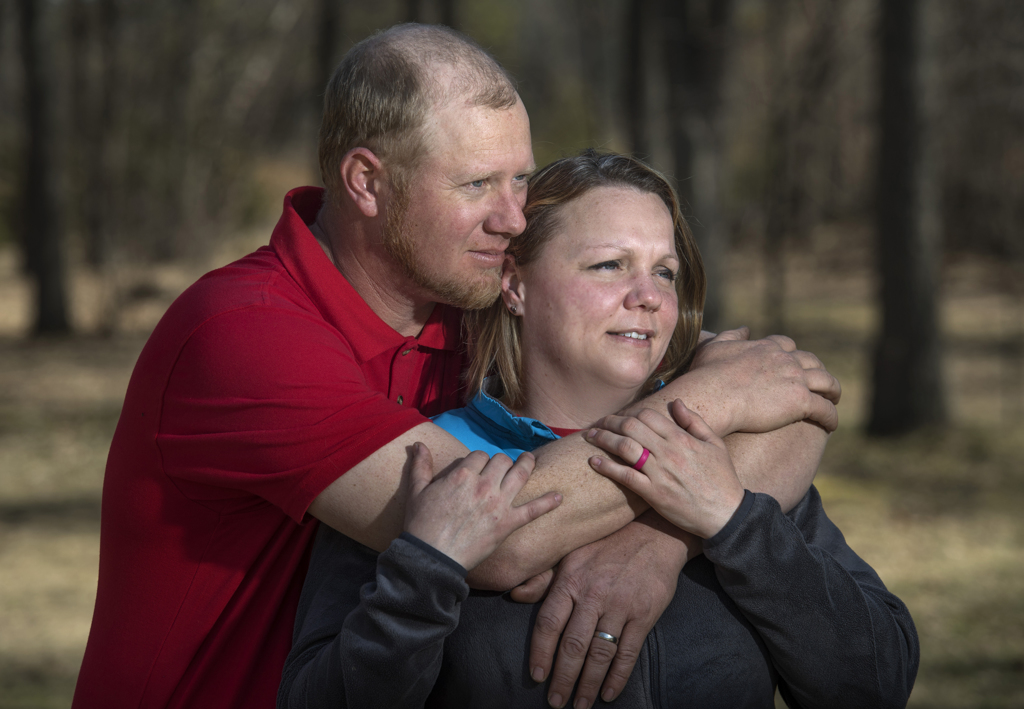


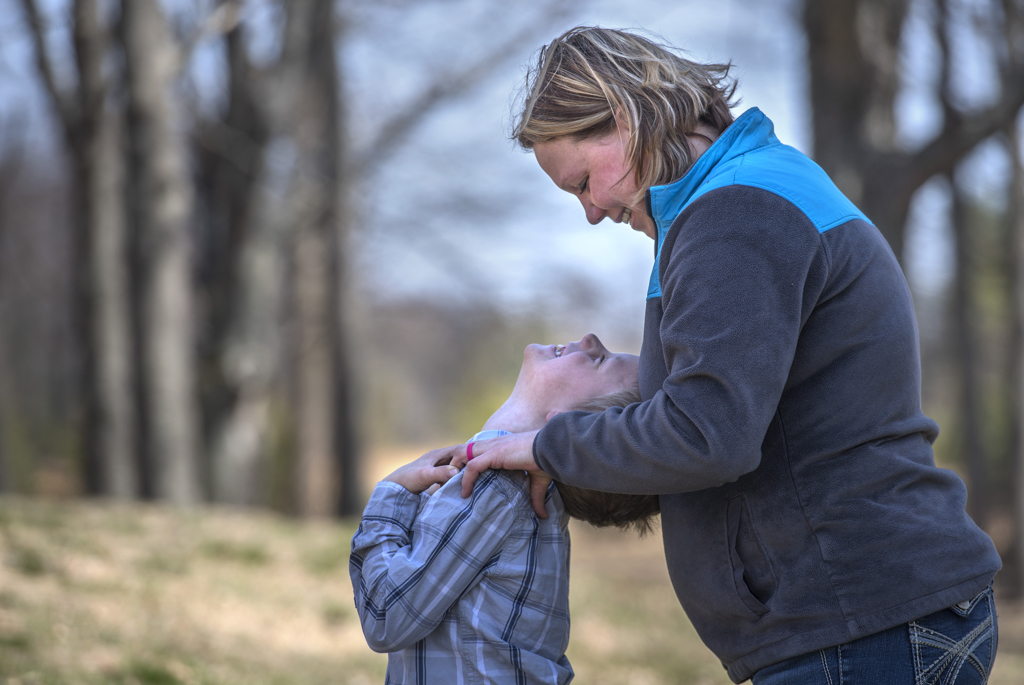
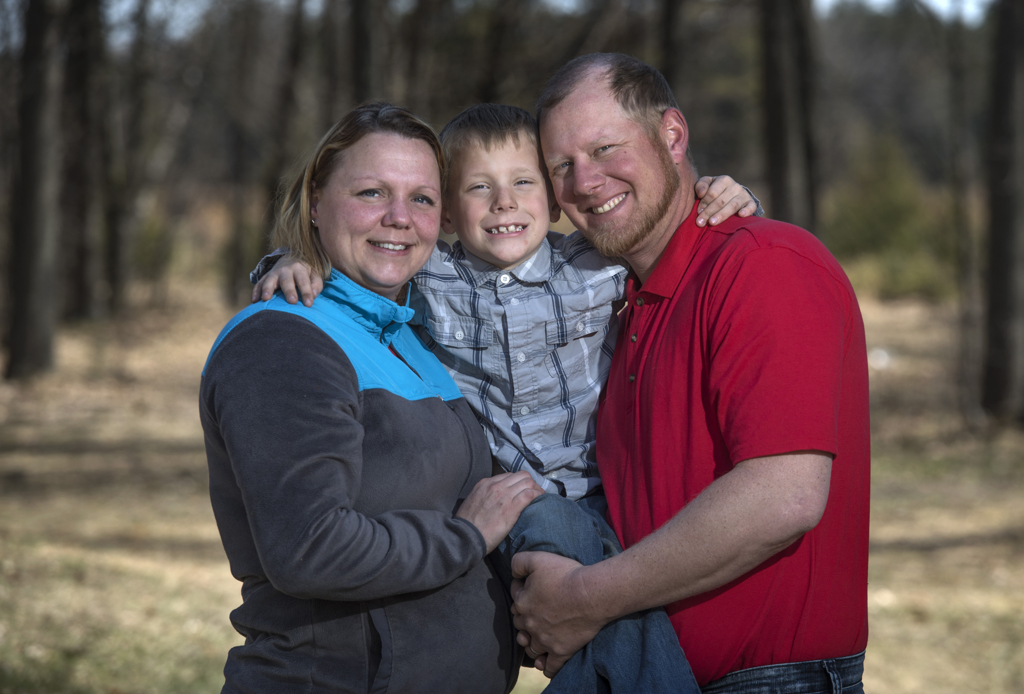

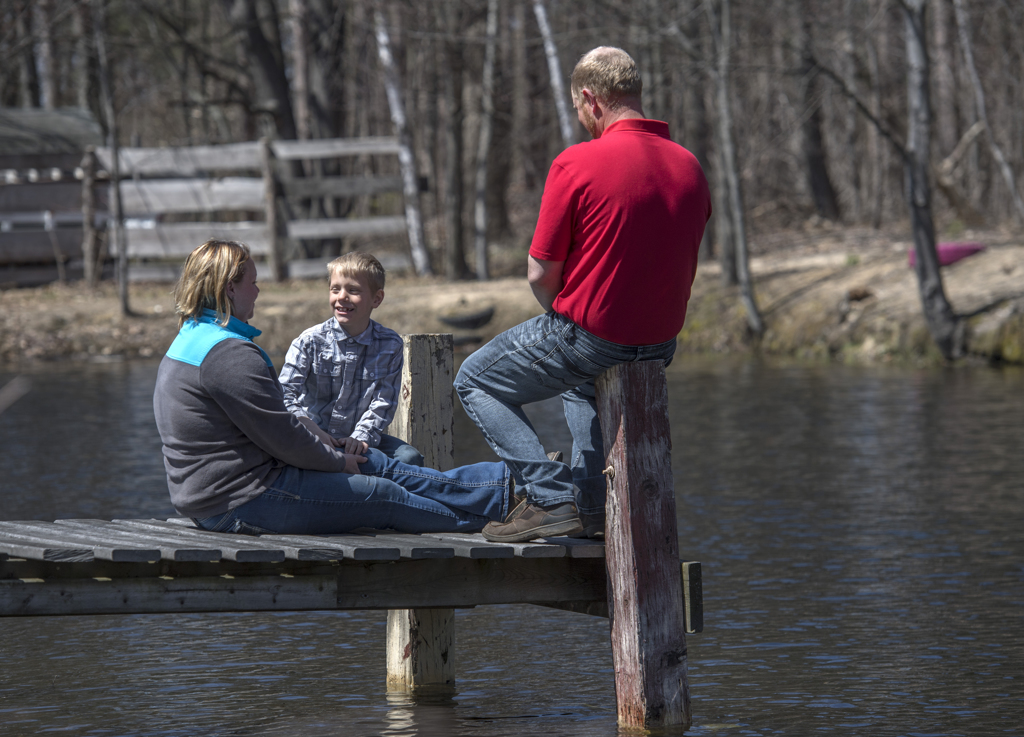

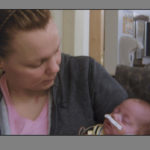


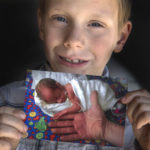





 /a>
/a>
 /a>
/a>
 /a>
/a>